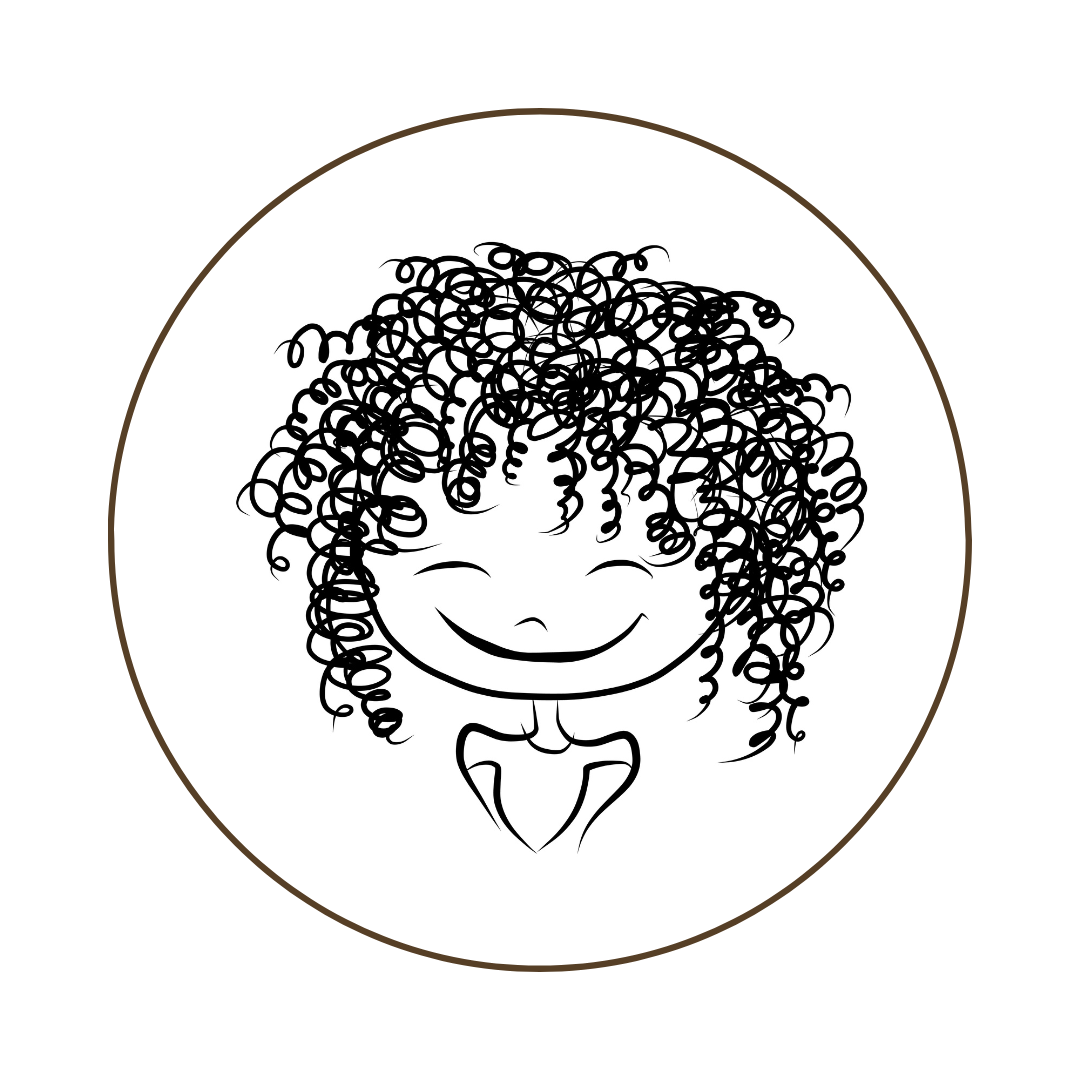People often approach me when I'm out with my 3-year-old daughter to comment on her hair. It's understandable since it looks like she stuck her finger in a light socket - frizzy, untamable, and with a texture reminiscent of an 80s crimped hairstyle. However, this is due to an extremely rare genetic disorder called Uncombable Hair Syndrome, which might sound like a made-up condition but is very real. As of now, there have only been 110 cases documented.
Uncombable Hair Syndrome (UHS) is a medical condition that goes by several names, but UHS is the most commonly used term in the medical field. Other names for this condition include Pili Trianguli et Canaliculi, Cheveux Incoiffables ("uncombable hair" in French), Spun-Glass Hair, Unmanageable Hair, or Straw Hair Syndrome. UHS is characterized by slow-growing, unruly, frizzy, and coarse hair that grows in different directions, making it impossible to comb flat. Hair colors range from silvery blond to strawberry blonde, and the strands are more delicate and tend to break easily. While this syndrome can be present at birth (as in my daughter's case), it is more commonly developed in children between the ages of 3 months and three years when they lose their hair and have it grow back slowly with the characteristics of UHS. So what causes Uncombable Hair Syndrome?
UHS is a genetic mutation that affects three genes: Transglutaminase 3, Trichohyalin, and Peptidyl Arginine-Deiminase. This mutation likely leads to the production of proteins with little or no activity. These genes are crucial in the production and structure of hair shaft proteins, specifically in keratinization and hair growth. As a result, hair follicles grow in triangular, kidney-shaped, or heart-shaped strands, causing hair to stick in various directions.
At present, there is no known solution for this condition. However, Biotin has been suggested as a possible treatment, and some people have reported improvement after using it for four weeks. The use of phthalate-free shampoos and conditioners and no styling tools is recommended. UHS does not fit in the Andre Walker hair Typing scale and does not compare to the more textured type 3 and 4 hair patterns. Because of this, it is not manageable by traditional hair treatments like relaxers, perms, leave-in conditioners, detanglers, or protective hairstyles generally used by people of color. It's worth noting that spontaneous improvements can also occur over time, particularly during early adolescence and puberty. It is unknown if hormones have any play in this. In my experience, my daughter's hair has become more manageable as it has grown longer, which is most likely due to its weight.
I am writing about this rare condition that has affected my life for two reasons:
First, I want to raise awareness about this condition and educate others who may not fully understand it, hoping to reduce negative judgments and social stigma. Although I have received positive comments about my daughter, others with this condition have experienced a lot of negativity, including bullying and name-calling.
Secondly, I hope to assist those who may have lived with this condition but were never properly diagnosed or were even aware of this condition. I am part of a small Facebook group, and it brings me joy to see older individuals discover this condition they have lived with but never knew about.
References
Plus, M. (2017, May 1). Uncombable hair syndrome: Medlineplus genetics. MedlinePlus. https://medlineplus.gov/genetics/condition/uncombable-hair-syndrome/#inheritance
professional, C. C. medical. (2023, February 2). Uncombable hair syndrome: What it is, Cause & Treatment. Cleveland Clinic. https://my.clevelandclinic.org/health/diseases/24688-uncombable-hair-syndrome
People, V. (2022, November 19). Uncombable hair syndrome. Wikipedia. https://en.wikipedia.org/wiki/Uncombable_hair_syndrome
Smith-Garcia, D. (2022, September 9). Uncombable hair syndrome: Causes, treatment, and what it is. Healthline. https://www.healthline.com/health/uncombable-hair-syndrome#vs-other-hair-types




Leave a comment
All comments are moderated before being published.
This site is protected by hCaptcha and the hCaptcha Privacy Policy and Terms of Service apply.